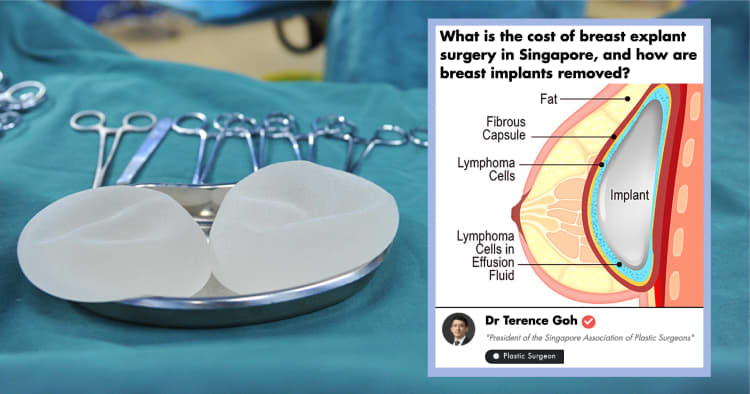The most important factor would be the material of your implants. MRI utilizes magnetic fields and with that, it reacts with magnetic materials such as iron and cobalt.
These days, almost all implants are made from medical-grade titanium. Titanium is paramagnetic, meaning that it does not react with the MRI's magnetic fields. With that, it is completely safe for someone with dental implants to go for an MRI. Various studies found that the risk of titanium implant-based complications is very low [1]. If you are unsure of the material used in your implants, you can always check with your dentist beforehand.
Regardless, do notify the radiologists before getting the MRI if you have dental implants. Though they do not cause complications, they might distort the imaging results.
A quick side note: if you have removable prostheses such as dentures and bridges, it would be best to remove them before stepping into the MRI room.
References:
1. Kim Y-H, Choi M, Kim J-W. Are titanium implants actually safe for magnetic resonance imaging examinations? Archives of Plastic Surgery. 2019;46(1):96-97. doi:10.5999/aps.2018.01466





